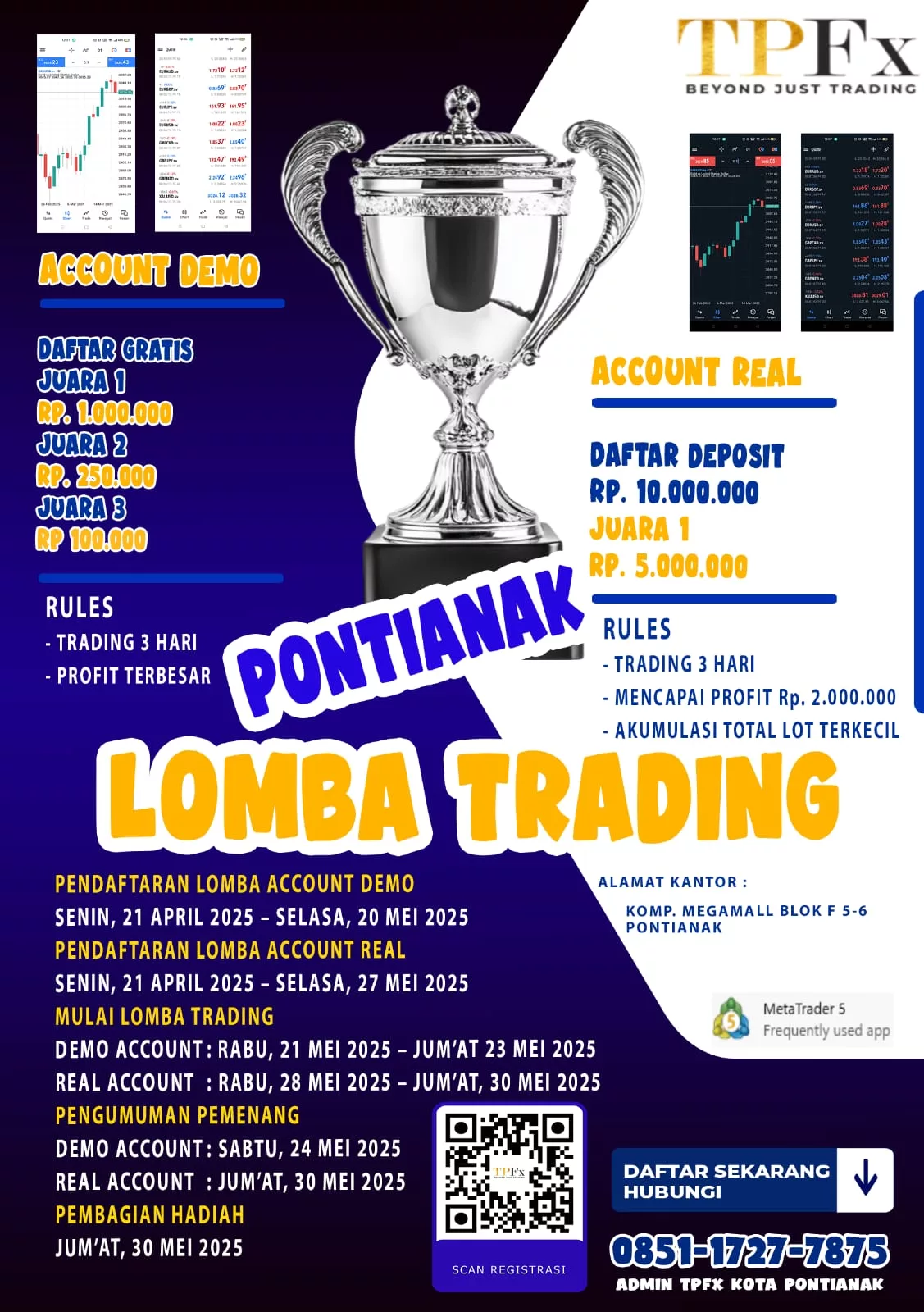Quantum Computing
Quantum computing is an emerging field of research and technology that harnesses the principles of quantum mechanics to perform complex computations at an unprecedented speed and efficiency.
Unlike classical computers that rely on bits to store and process information, quantum computers utilize quantum bits, or qubits, which can exist in multiple states simultaneously, thanks to a phenomenon known as superposition.
This unique property allows quantum computers to explore numerous possibilities simultaneously and solve problems that are practically intractable for classical computers.
In this article, we will delve into the fundamental concepts of quantum computing, its potential applications, current challenges, and the future prospects of this groundbreaking technology.
Quantum Mechanics: A Brief Overview
To understand quantum computing, we must first grasp the basic principles of quantum mechanics. Developed in the early 20th century, quantum mechanics describes the behavior of matter and energy at the atomic and subatomic levels.
Unlike classical mechanics, which operates based on deterministic laws, quantum mechanics introduces probabilistic behavior, where particles can exist in multiple states until observed.
Qubits: The Building Blocks of Quantum Computing
The fundamental unit of quantum information in quantum computing is the qubit. While classical bits can only exist in one state, either 0 or 1, qubits can exist in a superposition of states, representing both 0 and 1 simultaneously.
This property allows quantum computers to perform parallel computations and explore a vast number of possibilities simultaneously, exponentially increasing their computational power.
Superposition and Entanglement: Key Quantum Phenomena
Superposition and entanglement are two essential phenomena that set quantum computing apart from classical computing.
Superposition enables qubits to exist in multiple states, while entanglement allows the state of one qubit to be dependent on the state of another, even if they are physically separated.
This property of entanglement plays a crucial role in quantum teleportation and quantum cryptography.
Quantum Gates and Quantum Algorithms
Similar to classical computers, quantum computers utilize logic gates to manipulate and process qubits. However, quantum gates operate according to the principles of quantum mechanics, taking advantage of superposition and entanglement.
Quantum algorithms, such as Shor’s algorithm and Grover’s algorithm, have been developed to solve specific problems efficiently, such as prime factorization and database searching, which are computationally challenging for classical computers.
Potential Applications of Quantum Computing
Quantum computing holds immense promise for revolutionizing various fields, including cryptography, optimization, drug discovery, material science, and artificial intelligence.
For instance, quantum computers could break current encryption algorithms, leading to the development of new, unbreakable cryptographic systems.
They can also significantly enhance optimization algorithms, enabling more efficient solutions to complex problems faced in logistics, finance, and resource allocation.
Challenges in Quantum Computing
Despite the tremendous potential, quantum computing faces several challenges. One major obstacle is the preservation of qubits’ fragile quantum states, as they are highly susceptible to environmental disturbances and decoherence.
Researchers are actively exploring methods to improve qubit stability and error correction techniques. Additionally, scaling up the number of qubits and reducing noise levels are significant engineering hurdles that need to be overcome for practical quantum computers.
The Quantum Computing Race
Quantum computing has garnered substantial interest from both academic institutions and technology giants. Major players like IBM, Google, Microsoft, and startups like Rigetti Computing and IonQ are investing heavily in the development of quantum hardware and software.
These companies are competing to achieve quantum supremacy, the point where a quantum computer outperforms classical computers in solving specific problems.
Quantum Computing and Ethics
The advent of quantum computing also brings ethical considerations. Quantum computers could potentially break current encryption systems, posing risks to data security and privacy. It is crucial to address these concerns by developing quantum-safe cryptographic algorithms and preparing for the post-quantum era.
The Future of Quantum Computing
While quantum computing is still in its early stages, the field has made significant strides in recent years. As researchers overcome technical challenges, the number of qubits and the stability of quantum systems will improve. This will lead to a broader range of practical applications, enabling advancements in drug discovery, climate modeling, financial modeling, and more.
Conclusion
Quantum computing represents a paradigm shift in computing capabilities, harnessing the principles of quantum mechanics to unlock unparalleled computational power. Although many technical challenges need to be addressed, the potential applications of quantum computing are vast and far-reaching.
As researchers continue to push the boundaries of this transformative technology, we can expect quantum computing to reshape various industries, offering solutions to problems that were previously unsolvable.
The future of quantum computing is indeed exciting, promising a new era of scientific discovery and technological advancement. (DW)
Follow BloggerBorneo.com @Google News























